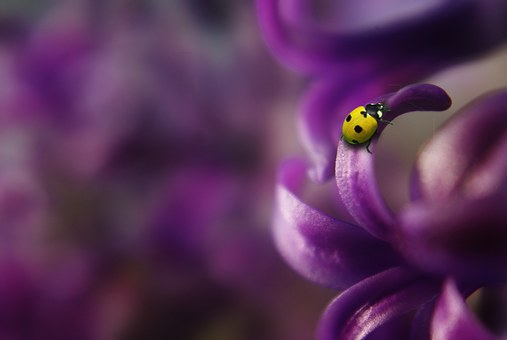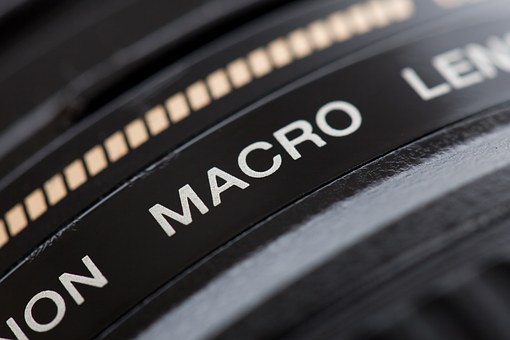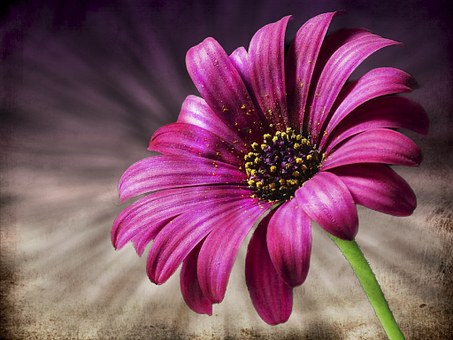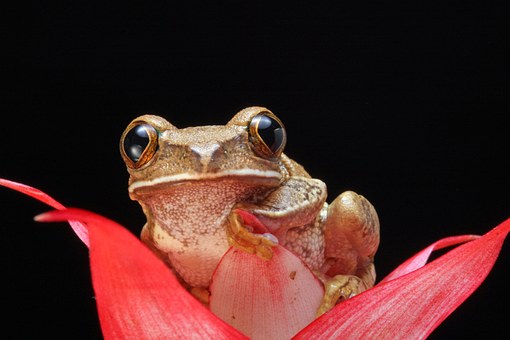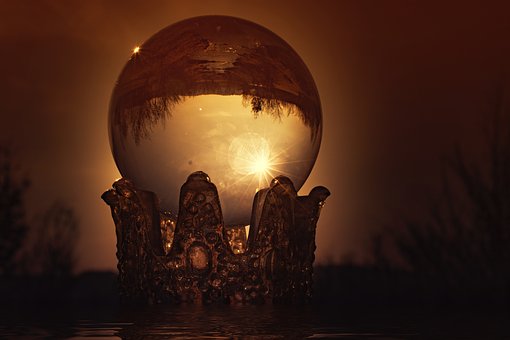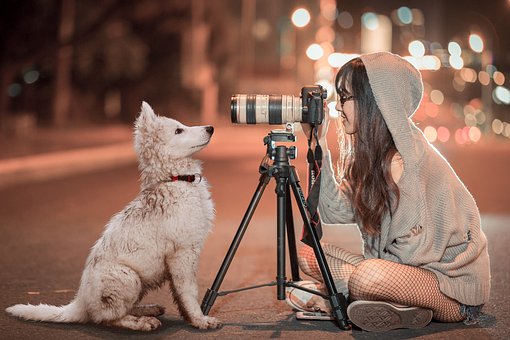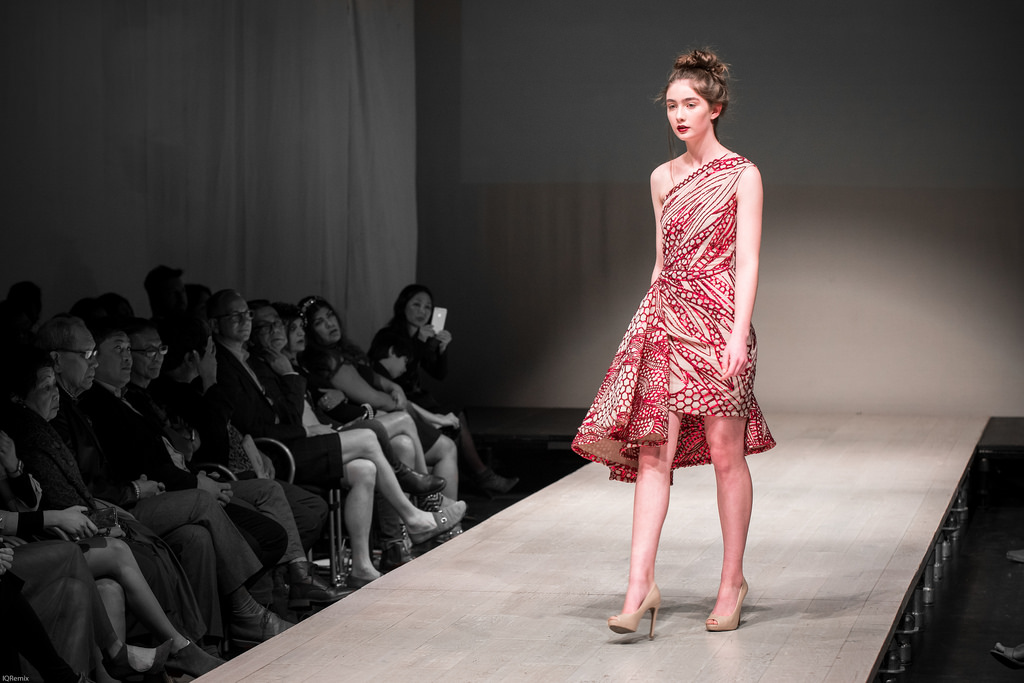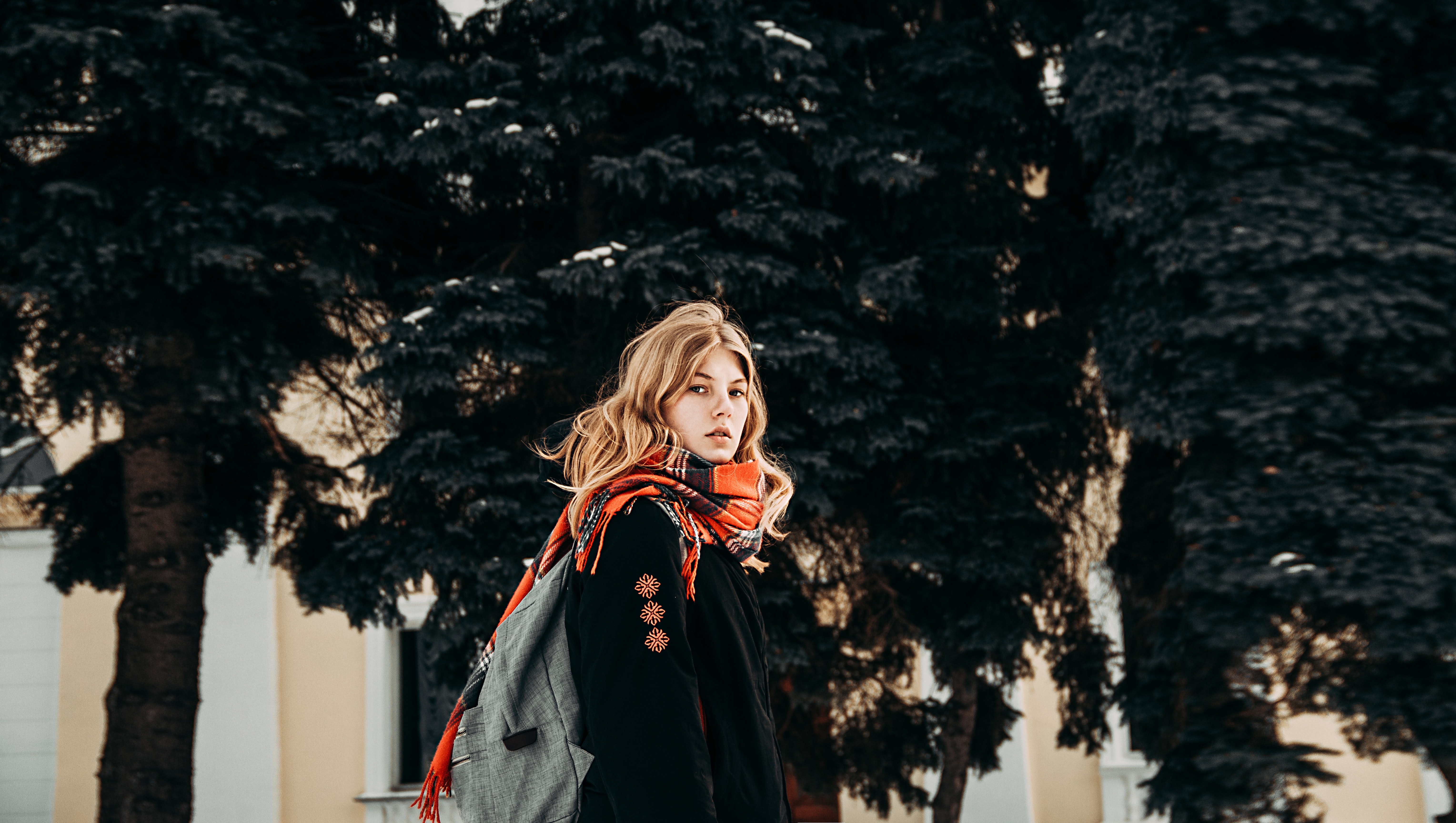Macro photography is the photography of subjects at very close range, often to produce images which appear larger than life. They usually focus on insects, birds, plants, and other organisms which provide interesting details. Specific macro lenses are generally used for this purpose.
- Lens decision: Macro lenses have focal lengths which vary anywhere from 50mm t o200mm. Though there are many zoom lenses which claim to have useful macro settings, the truth is that they provide low magnification. On the other hand, good macro assures a 1:1 ratio which is the most desirable. 50-60mm lenses can handle most basic shots but the higher the distance, the more you will have to shell out on getting lenses that are 100mm or greater. The most potent lenses are usually necessary only in cases where the subject cannot be approached too closely. These are a good investment for anyone who is genuinely passionate about photographing such hard to capture creatures and have a good eye for photography.
- Control depth of field: The best of the depth of field can be attained by selecting apertures which are relatively small. This can be something like f/16 or f/22. The decision about this will depend on the type of photograph you wish to compose and the elements which you want to keep in focus or blur out and to what extent.
- Composition: The way that the shot is composed is a huge deciding factor in determining how creative or interactive it will look. Although there are endless opportunities for editing and cropping at later stages, it is always better to put in a little more effort and shoot photographs that are good quality and have good composition from the very beginning. In the case of patterns and close-up details, it is a good idea to fill the frame to have the most dynamic outcome. The other option would be to focus on specific elements with less attention to the pattern itself. All of these are very subjective decisions and must often be made by immediate surroundings and the photographer’s interests.
- Focus: The point of focus is an essential element for macro photography. The main point where the camera lens focuses can significantly impact the way that the final image looks. Even minute shifts in the focus can have very different results. It is always a good idea to try focusing and various points and experiment a little before finding the best place to focus on that particular subject.
- Review: Keep reviewing your photographs as you shoot so that you can understand which shots work best and the most optimum settings. It is also a good idea to keep an eye on the edges of the frame as this tends to gain less attention when the focus is on the primary object of the scene. A few minutes of reviewing the photos can help to identify mistakes and correct them in the next batch of photographs.
- Using additional devices: Many macro photographers use the help of mechanical hands or small tripods for positioning their cameras. In some cases, certain elements which are to be included in the photograph may also be positioned with the help of these devices. This works well especially in objects which have a lot of detail since it gives more freedom to explore shots and experiment with angles. It is also a good idea to carry a spare battery and additional SD cards at all times since the number of photographs which will be clicked can be unpredictable, and it can be distracting to sift through and delete photos at a crucial moment. To ensure that you do not lose the creative flow, stay ready with backups and additional supplies at all times.
We hope that this article has helped introduce you to the world of macro photography and getting you started with a few basics which must be kept in mind at all times. We urge you to get out there with your camera and begin immediately because practice and perseverance are key in this field. Feel free to contact us and let us know about your ventures into the field and any additional tips and tricks. Happy shooting!
